Overview
The City of Leduc, in a regional partnership with the twelve other municipalities of the Edmonton Metropolitan Region Board (EMRB), received $160,000 for the completion of a regional Climate Resilience Study.
The project was funded in part by the Government of Alberta through the Climate Resilience Capacity Building Program, administered by the Municipal Climate Change Action Centre.
Approach
The EMRB is a growth management board comprised of the 13 largest rural and urban municipalities in the Edmonton Metropolitan Region, representing more than 1.5 million residents. Through the regional growth plan, the EMRB advances long-term sustainability through collaborative planning of regional land use and infrastructure.
This Climate Resilience Study was completed to enable member municipalities to develop an understanding of how the implications of a changing climate can impact everyone, well beyond the unique individual municipal boundaries.
This project was completed over five phases, each building the foundation for the next. In alignment with the Region’s growth plan policy structure, the scope of the risk assessment looked at climate risks and impacts across four main themes:
- Health & Wellbeing
- Natural Environment
- Built Environment
- Economy
A third-party contractor was hired to assist with all areas of the risk and vulnerability assessment specifically, climate projections, risk and vulnerability assessment, cost of inaction, and adaption planning.
In-depth stakeholder engagement provided valuable qualitative information from key subject matter experts. This was gathered from nine workshops that included municipalities, the Government of Alberta, and several key environmental and industry organizations.
Results
The EMRB Climate Resilience Study is a comprehensive risk and vulnerability assessment for the Edmonton Metropolitan Region and its 13 member municipalities.
Through an assessment of climate risks and vulnerabilities, the report identifies 25 climate impacts for the Region, three of which represent opportunities.
The report also includes an analysis of the costs of inaction, the potential costs the Region could face if no adaptation actions are taken, to support a business case for adaptation action in the Region. If no adaptation actions are taken, the Region could see costs of $4 billion annually by 2050s and $10 billion annually by 2080s.
The plan equips the Region with a shared vision and seven guiding principles for a climate resilient future, as well as 28 priority adaptation actions and associated costs.
A significant learning for the project team was that climate change impacts all components of the Region and that adaptation will be a collaborative effort between residents, all orders of government, and industry.
Benefits
Climate change will impact each municipality and every aspect of the Region. Adaptation actions taken together can drive the Region towards a more resilient climate future and increase environmental, social, and economic opportunities.
Working as Region, and equipped with a shared vision and guiding principles, this project demonstrates the value of collaborative efforts to affect the greatest change for our collective climate future.
The findings of the project can inform the EMRB’s future planning and decision-making.
The Region’s built and natural environments are intricately linked. As our communities inevitably grow, we must continue to carefully weave the two with an eye to the climate risks we all face. This assessment serves as a compass, guiding us towards sustainable solutions and fostering a collective commitment to safeguarding our communities and the Region against the challenges of a changing climate.
Mayor Cathy Heron, City of St. Albert
Over just eight days in 2019, Stony Plain experienced two once-in-a-century rainfall events causing widespread flooding, resulting significant impacts to our community and infrastructure. While this is unprecedented, we understand these weather events will become more common. This assessment is critical to Identifying oil the risks our communities may face and offering a suite of adaptation actions we can consider to minimize the impacts of climate change in the future.
Mayor William Choy, Town of Stony Plain
Our Region is as diverse as the people who call it home. This assessment explores the distinct challenges climate change poses in different locales and provides insights into what our communities may want to consider to enhance the resiliency of our infrastructure and local economies.
Mayor Rod Frank, Strathcona County
In order to remain competitive and support our amazing businesses and entrepreneurs in a local, regional and international market, we must ensure the Region is prepared to protect our environment and adapt to a changing climate. The EMRB’s comprehensive regional climate risk and vulnerability assessment will allow us to develop sustainable, resilience-based solutions that better protect the health and welI-being of all the Region’s businesses and infrastructure.
Mayor Amarjeet Sohi, City of Edmonton
“Climate change is one of the Region’s most pressing challenges. Through collaborative efforts, we’ve crafted a comprehensive climate risk and vulnerability assessment for the Region. This empowers municipalities to consider recommendations based on what aligns best with their local, sub-regional and regional priorities to help ensure that our communities remain safe, affordable, and attractive to investors.”
Mayor Allan Gamble, EMRB Board Chair
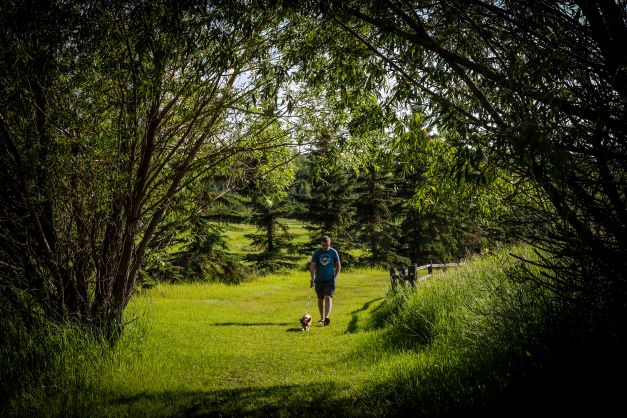
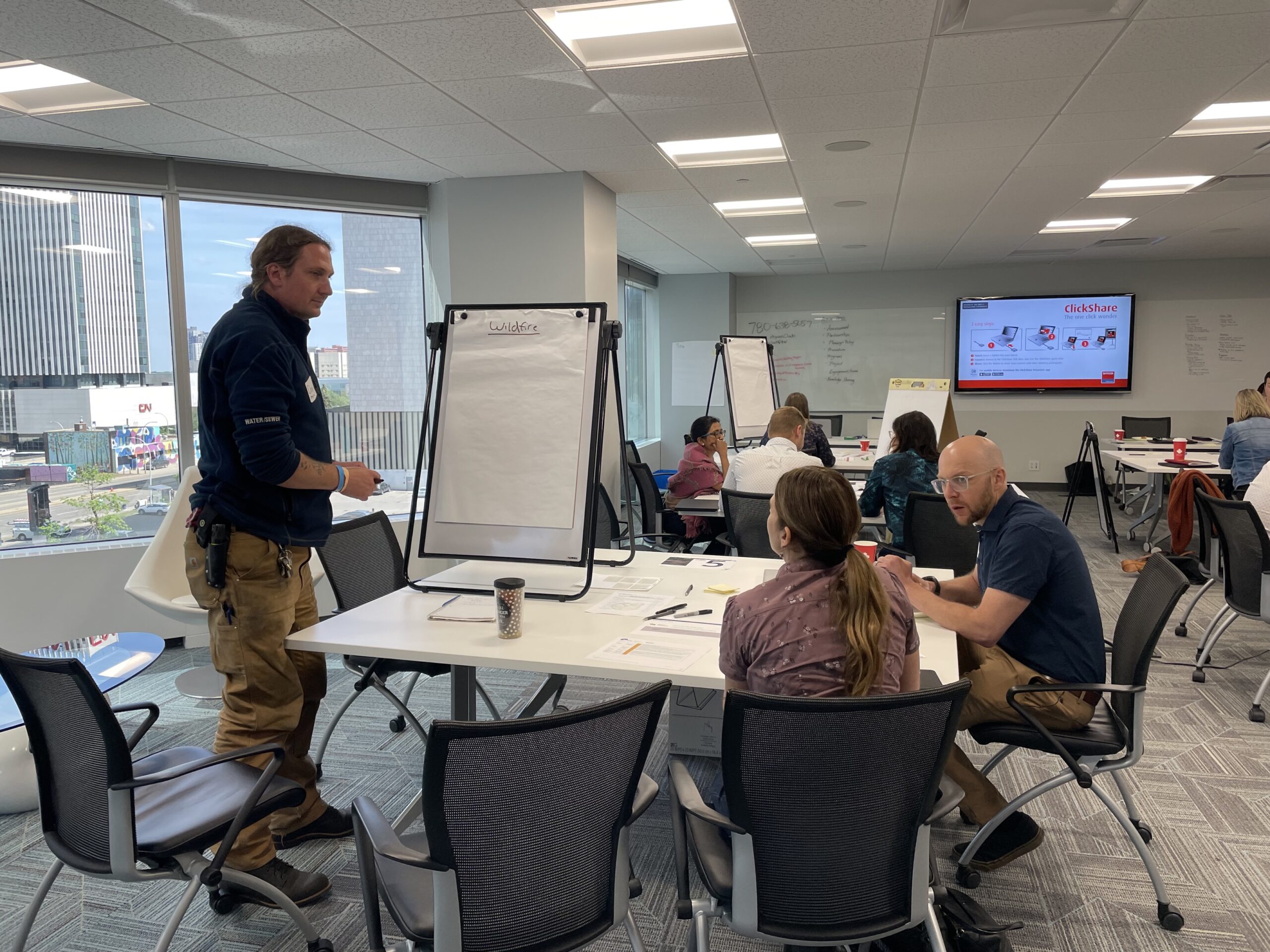
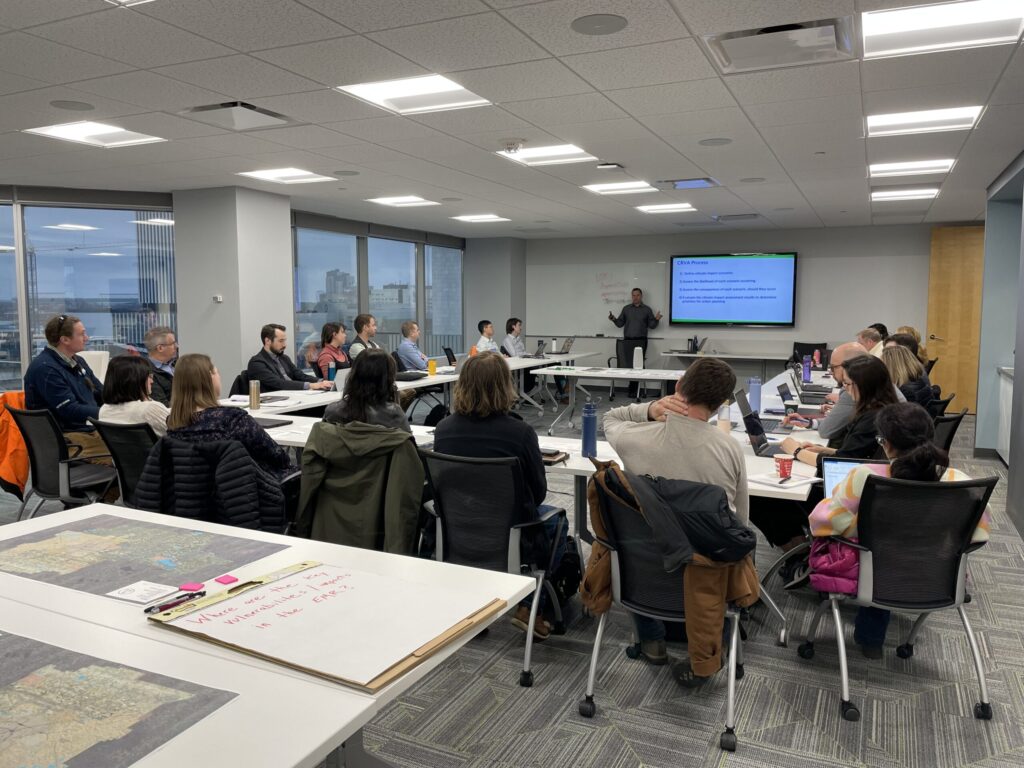
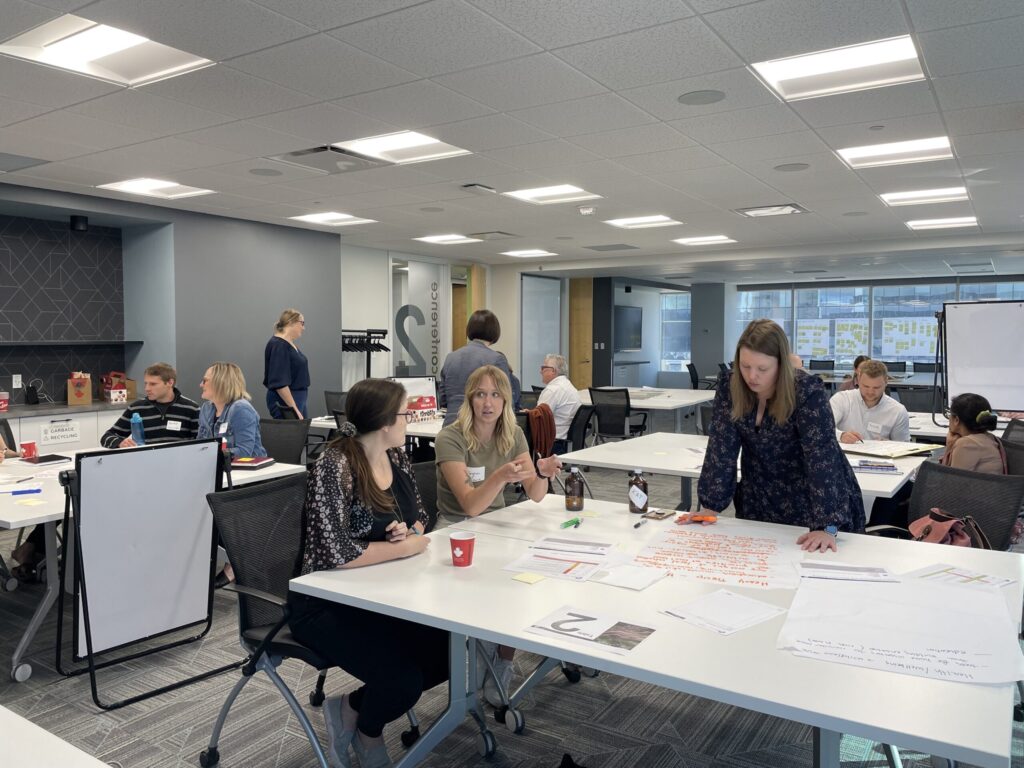
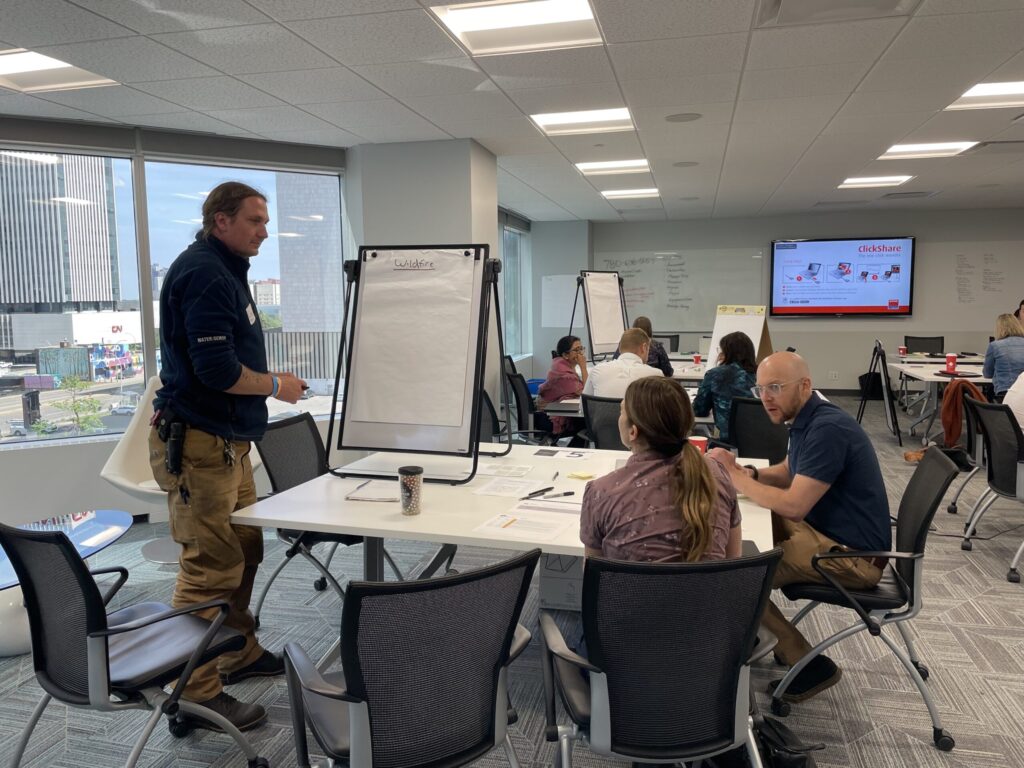
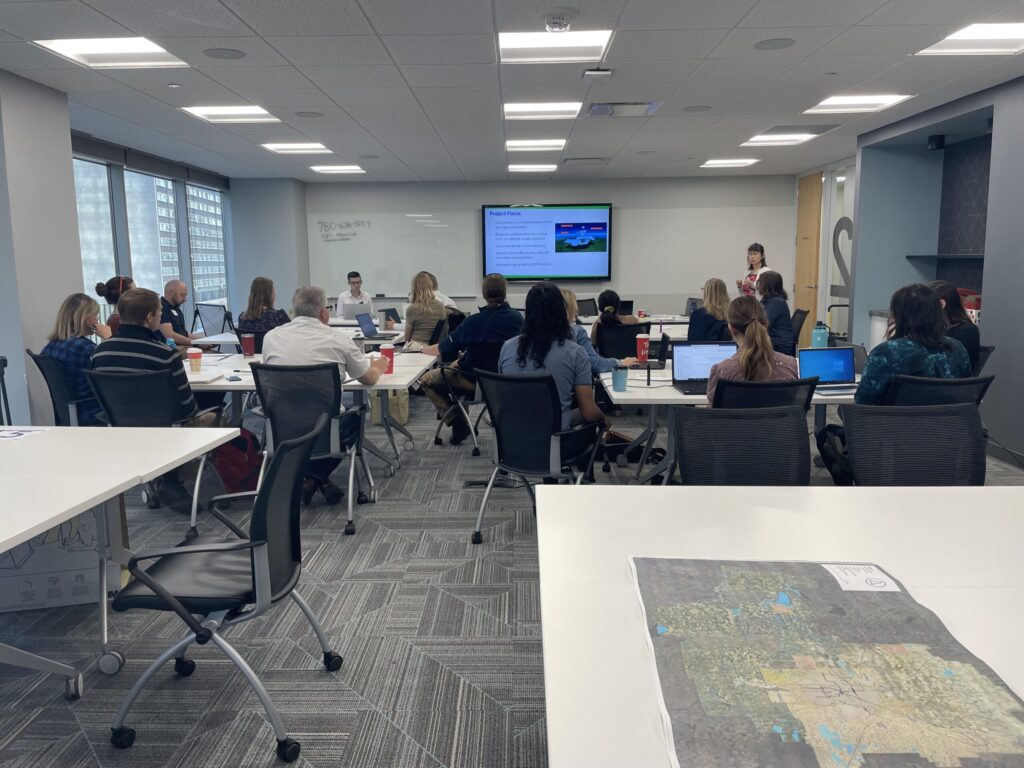

You must be logged in to post a comment.